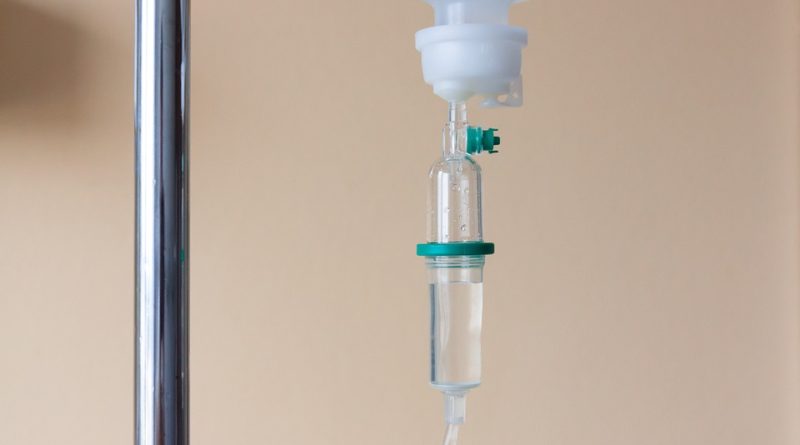Some Texas ICU Beds Remain Near Capacity
ICU beds in Texas hospitals remain near capacity despite declines since the peak of the summer surge attributed to the delta variant in August.
The Texas Tribune reported last week that 28 Texas hospitals ran out of ICU beds between Nov. 5 and Nov. 11. Hospitals report their ICU bed capacity every Monday to the U.S. Department of Health and Human Services.
At Dallas hospitals, ICU bed availability varied:
- At UT Southwestern, 99% of beds were occupied, with an average of 89 beds occupied and one staffed bed available in the last week.
- At Medical City Dallas, 99% of beds were occupied, with an average of 63 beds occupied and one staffed bed available in the last week.
- At Baylor, 98% of beds were occupied, with an average of 103 beds occupied and two staffed beds available in the last week.
- At Parkland, 89% of beds were occupied, with an average of 69 beds occupied and nine staffed beds available in the last week.
- At Texas Health Presbyterian, 88% of beds were occupied, with an average of 40 beds occupied and five staffed beds available in the last week.
Most patients receiving care related to COVID-19 are unvaccinated, according to the Texas Tribune. Despite the high rates of full ICU bed capacity, federal officials say that patients should not feel discouraged from seeking medical care at these facilities.
“Hospitals have protocols in place to keep patients safe from exposure and to ensure all patients are prioritized for care,” the U.S. Department of Health and Human Services shared in December.
Read more from the Texas Tribune here.
In other news:
- Dallas County Health and Human Services will continue to provide free COVID-19 and flu vaccines at Fair Park to Dallas County residents on Sundays. Appointments aren’t required, but pre-registration is encouraged. To register, click here.
- The U.S. Food and Drug Administration (FDA) authorized booster shots for anyone 18 years of age or older who received either the Pfizer or Moderna vaccination series at least six months ago. The CDC will weigh in on the topic next. Read more from the New York Times here.








